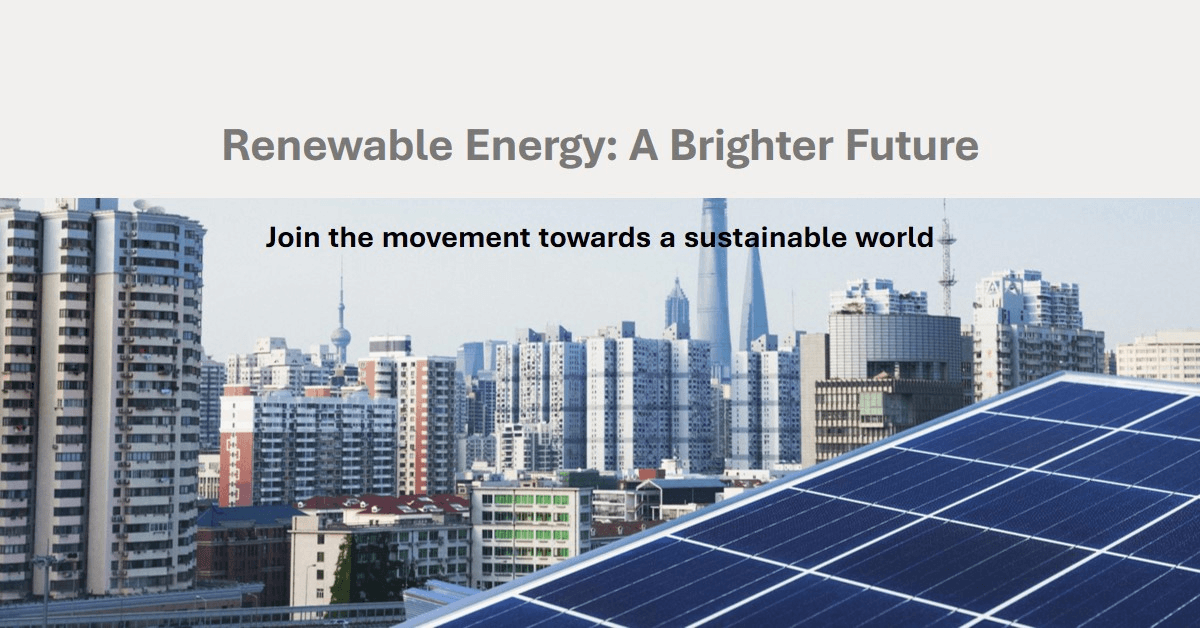In recent years, the world has witnessed a significant shift in how energy is produced and consumed. The rise of renewable energy —sources like solar, wind, hydro, and geothermal—has become a central focus in the global effort to combat climate change, reduce dependence on fossil fuels, and create a more sustainable future. This transformation is not just a trend; it is a critical movement that carries profound implications for the environment, economies, and societies worldwide.
The Environmental Imperative

One of the primary drivers behind the surge in renewable energy adoption is the urgent need to address climate change. Fossil fuels, which have powered human progress for over a century, are also the leading contributors to greenhouse gas emissions. These emissions trap heat in the atmosphere, leading to global warming and a host of associated problems, including extreme weather events, rising sea levels, and loss of biodiversity.
Renewable energy offers a solution by generating power without emitting greenhouse gases. Solar and wind energy, in particular, have seen rapid advancements in technology, making them more efficient and cost-effective. The widespread deployment of renewable energy systems has the potential to drastically reduce carbon emissions, helping to keep global temperature rise within the limits set by international agreements like the Paris Accord.
Economic Transformation
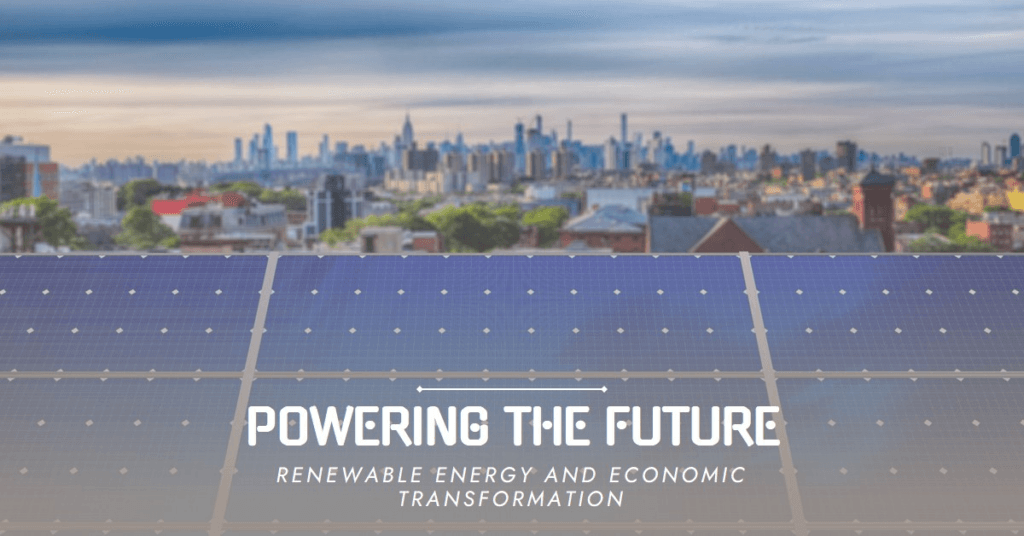
The rise of renewable energy is also reshaping global economies. Traditionally, energy production has been dominated by a few fossil fuel-rich countries, creating an imbalance of power and economic dependency. However, renewable energy sources are abundant and distributed across the planet, allowing many more countries to become energy self-sufficient.
This democratization of energy has several economic benefits. It reduces the vulnerability of countries to volatile fossil fuel markets, which are often influenced by geopolitical tensions. Furthermore, the renewable energy sector is a major job creator. According to the International Renewable Energy Agency (IRENA), the sector employed over 12 million people globally in 2020, a number that is expected to grow as more nations invest in green energy infrastructure.
Technological Innovation and Energy Security
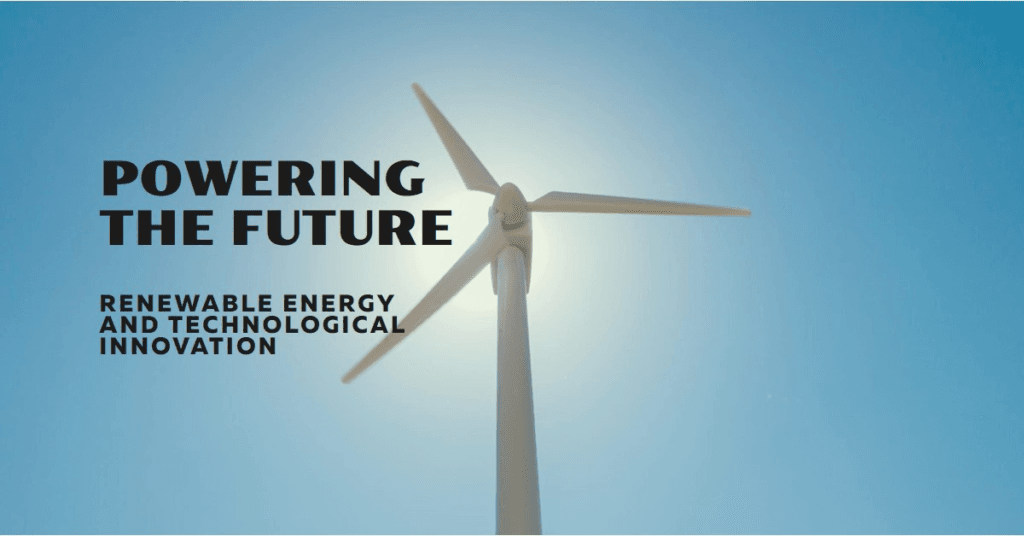
The transition to renewable energy is driving significant technological innovation. Advances in battery storage, grid management, and energy efficiency are not only making renewable energy more viable but also more reliable. For instance, improved battery technologies are addressing the intermittent nature of solar and wind power by storing excess energy for use when the sun isn’t shining, or the wind isn’t blowing.
Energy security is another critical aspect of the renewable revolution. As countries shift away from imported fossil fuels to locally generated renewable energy, they reduce their exposure to supply disruptions and price spikes. This shift also diminishes the geopolitical leverage of oil-rich nations, leading to a more stable and secure global energy landscape.
Social and Health Benefits
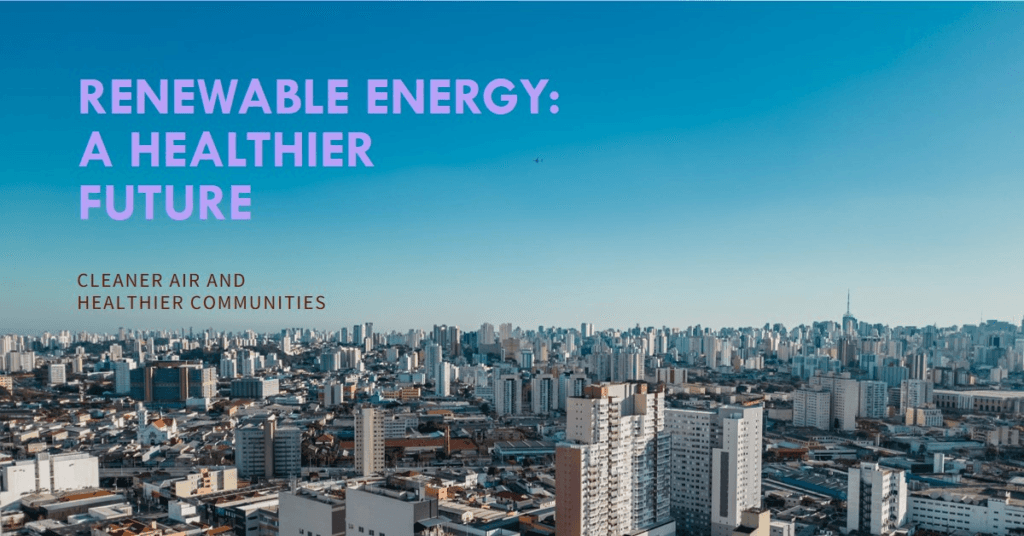
The impact of renewable energy extends beyond the environment and economy to social and health dimensions. Fossil fuel extraction and combustion are linked to numerous health problems, including respiratory diseases, cardiovascular issues, and premature deaths caused by air pollution. By reducing reliance on fossil fuels, renewable energy can lead to cleaner air and healthier communities.
In addition, renewable energy projects often involve local communities, providing opportunities for education, employment, and infrastructure development. These projects can empower communities, particularly in developing regions, by providing access to electricity and enabling economic activities that were previously impossible.
Challenges and the Path Forward
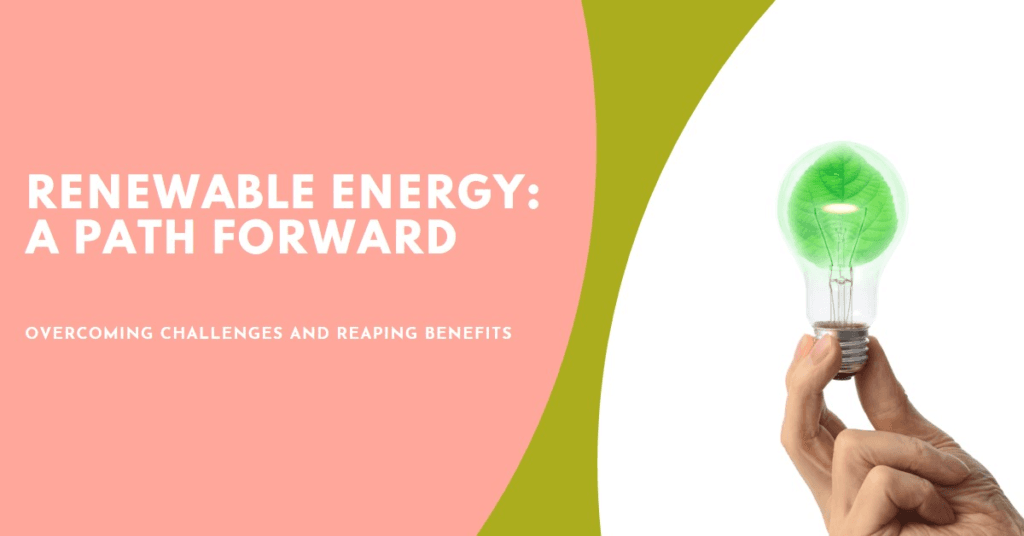
Despite the many benefits, the transition to renewable energy is not without challenges. The initial cost of setting up renewable energy infrastructure can be high, and there are still technical and regulatory hurdles to overcome. Moreover, the integration of renewable energy into existing power grids requires careful planning and investment in new technologies.
However, the momentum behind renewable energy is undeniable. Governments, businesses, and individuals are increasingly recognizing the importance of investing in a sustainable energy future. Policies that support renewable energy development, such as subsidies, tax incentives, and research grants, are essential to overcoming the barriers to adoption.
Conclusion
The rise of renewable energy represents a pivotal moment in the history of human civilization. It is not just about replacing fossil fuels with cleaner alternatives; it is about rethinking our entire approach to energy production and consumption. The benefits of renewable energy are far-reaching, from mitigating climate change and boosting economic resilience to improving public health and ensuring energy security.
As the world continues to embrace renewable energy, the vision of a sustainable, equitable, and prosperous future becomes increasingly attainable. The transition will not be easy, but the rewards—both for the planet and for future generations—make it an imperative that cannot be ignored.
#epicinfinite #epicarticle #epicblog
I’m curious to hear your thoughts! How do you think renewable energy will shape our future? Share your insights in the comments below!






